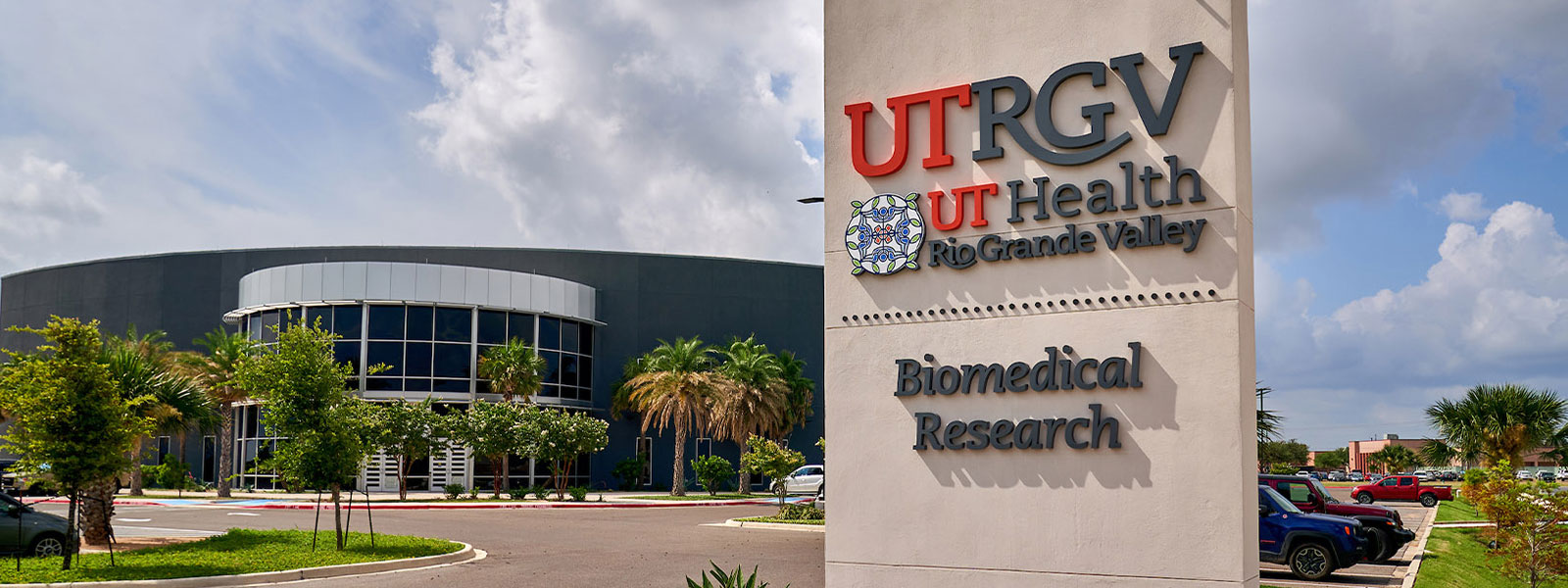Drug Delivery & Nanomedicine Core
Welcome to the Drug Delivery and Nanomedicine Core (DDNC) at the Division of Cancer and Immunology and South Texas Center for Excellence in Cancer Research, Medicine and Oncology ISU, at The University of Texas Rio Grande Valley School of Medicine.
About
The DDNC core is a specialized cancer research core at UTRGV that provides direct services focusing on the field of nanomedicine.
The DDNC can address infrastructural barriers of basic to translational and clinical research in drug delivery, gene therapy, immunotherapy, vaccine development, cellular delivery and reprogramming, and CAR-T therapy.
Services
1. Nanoparticle synthesis
2. Nanoparticle characterization
3. Nanomedicine tools
4. In vivo imaging
5. Direct technical support
Training
No initial training is required for our technicians and scientists to transport samples to the DDNC facility, run samples, and analyze the data.
DDNC offers formal training on all our core facility instrumentations and their use and analysis for those users needing a discounted standard rate for self-usage.
Off-hour use requires prior permissions.
Service Fee and Consultation Charges
A cost recovery plan will be implemented through the utilization of user fees. Starting user fees are projected to be from $20-50/hr depending on type of services.
Additionally, $25/hr. will be charged for technical service and samples preparation by the technician.
DDNC will provide allowances to the meritorious new line of research performed by young investigators who cannot afford service charges.
Allowances will be awarded upon reviewing a two-page request submitted by the investigator, based on feasibility, significance, cancer relevance, scientific merit, and potential return on investment.
Reservations
To reserve time for the use of instrumentation and services, please contact the DDNC Director or Co-Director.
Priority will be given to academic research over industry research. Additionally, preference is given to funded research programs and new projects by Early Stage Investigators.
Acknowledgment of CPRIT
“This research was supported in part by the Drug Delivery and Nanomedicine Core funded by CPRIT Grant # RP250567.”



